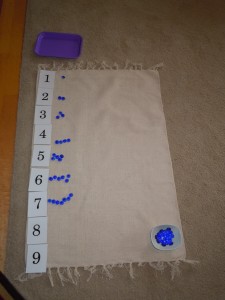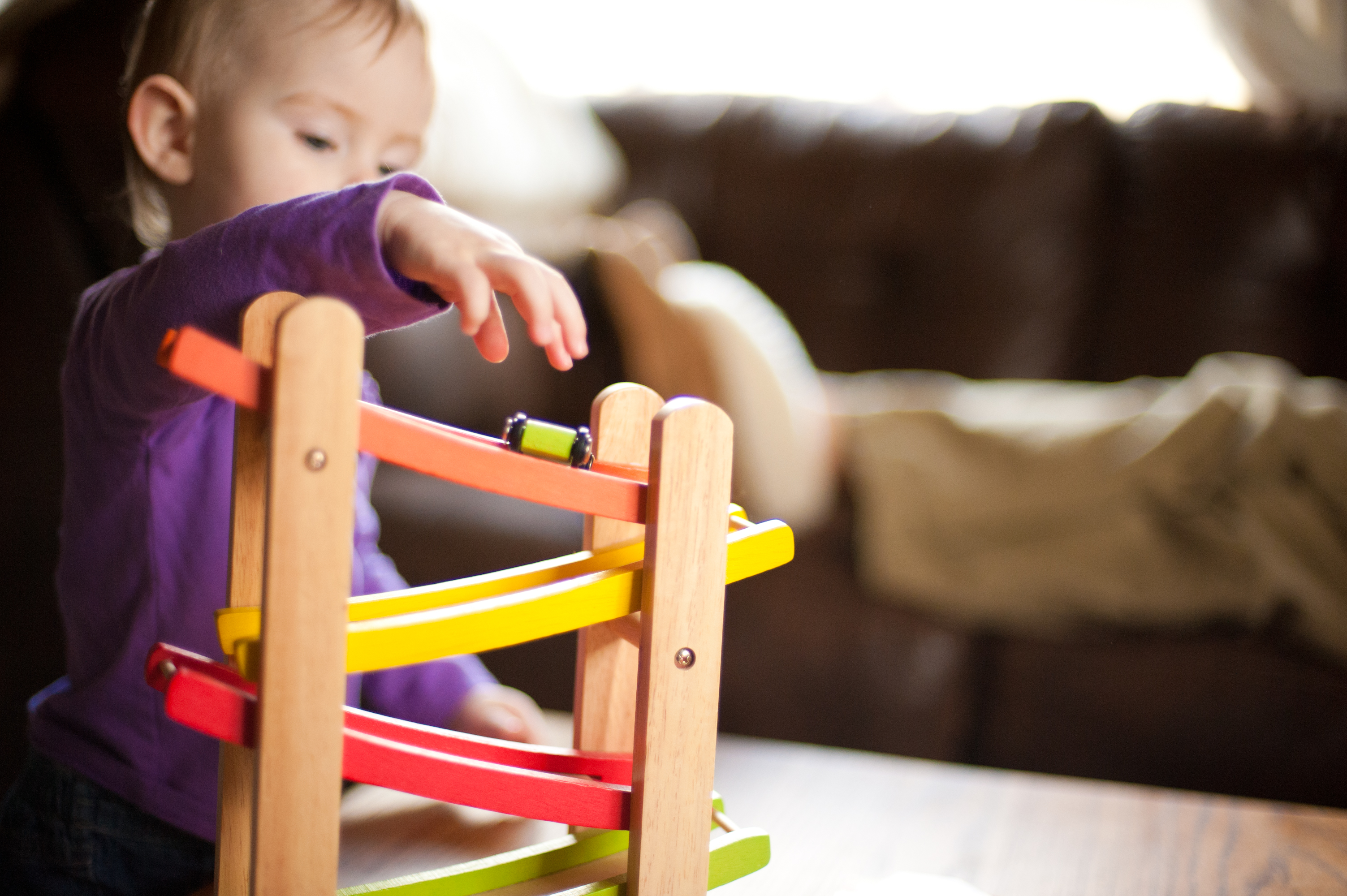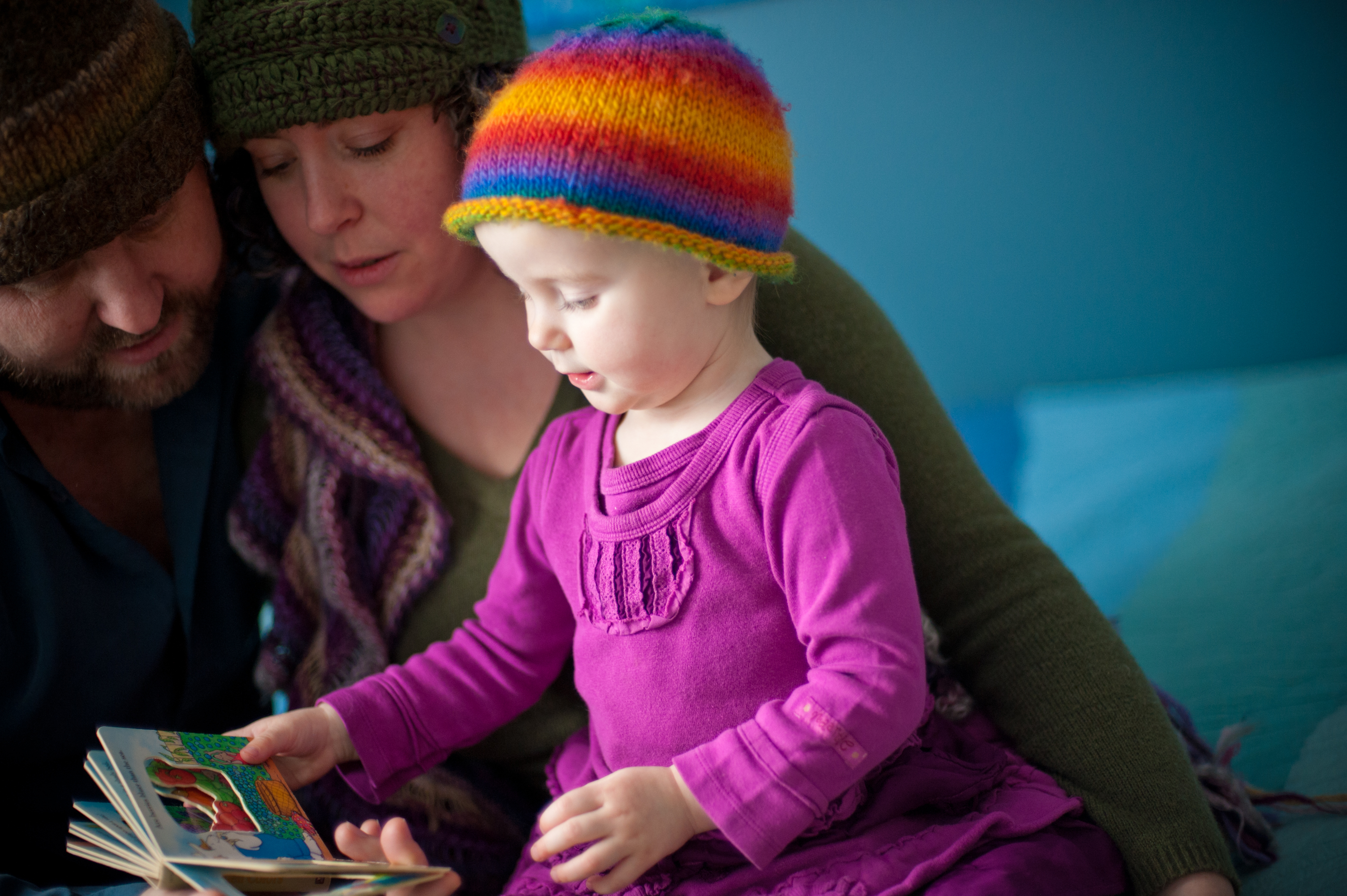(I originally wrote this article for
Lifehack.org)
Parenting in a gentle and respectful way is no easy task, especially when your child is ignoring you, refusing to cooperate, or outright defying your every request. Sometimes offering a bit more direction can be helpful, but other times, it seems no matter what you do, you end up locked in a power struggle, feeling frustrated, and wondering what you’re doing wrong. After all, they’re supposed to WANT to cooperate when we treat them with love and respect, right? If only it were that easy.
During my years as a preschool teacher and a nanny, my job depended on my ability to remain calm and garner cooperation. I simply couldn’t allow myself to yell, threaten, or physically harm the children in my care. So I was forced to find new and creative ways to deal with defiance that didn’t involve losing my temper and subsequently losing my job.
These simple gentle parenting hacks have REALLY paid off with my own child. Because even though I’m infinitely more sleep deprived and clearly no one can fire me from motherhood, I still have a few tricks up my sleeve that my daughter can hardly resist. I hesitate to call them “tricks,” because it’s not that I want to outsmart or psychologically manipulate my child into compliance. I simply want to get the day’s jobs accomplished with the least amount of resistance or conflict and the most possible fun, care, and connection. And I completely refuse to punish, threaten, or bribe my child unless I absolutely can’t come up with any more creative solutions.
So please take these suggestions in the spirit in which they’re offered. Not as a way to get what you want at the expense of your connection with your child, but as a way to help young people express their underlying needs and desires and still perform the daily tasks that are required of them, such as getting shoes on, getting into their car seat, getting dressed and the like.
OK, so here are my top 9 favorite tips, “tricks” and gentle parenting hacks to help your day with your young child go more smoothly:
1) The Big Race—
Ready, set, go! Young people love to race and be timed to see how long it takes them to do a task they feel confident in. Proposing a race is a great way to get the job done quickly without a fuss because it meets a child’s needs for fun and play even while you’re enjoying the efficiency and speed with which they’ve completed your request. Counting aloud or using a stopwatch is the best way to remind a child that the race is on. But remember, this only works if it’s a fun game, not if it’s overused or used as a threat or a requirement to beat their former time.
2) Surprise me!—
This one is working like a charm right now with my daughter. She loves to surprise one or both of us and also enjoys colluding with one parent to surprise the other, so if she’s resistant to a particular task I simply suggest that I would be VERY surprised if…and then I completely ignore her to give her a chance to complete the task at hand. I’m always sure to give a big reaction, “WHAT?!! You ALREADY brushed your teeth?? Wow!” to encourage a repeat performance at another time. This gives her the satisfaction of a job well done and she gets to impress us with her well-developed skills.
3) Don’t you DARE—
When she’s really feeling defiant, I’ve found that it’s best to go with the defiance and figure out a way for her to do exactly what I want by completely defying what I’m saying. It’s clear to all involved that this is a game and my daughter delights in my protestations, “Oh no! Don’t do THAT! Rats! She’s doing it.” She especially loves the notion that by doing the given task, let’s say, getting her pajamas on quickly, she’s forcing me to do something I don’t want to do. “You’re going to MAKE me read stories, aren’t you? I was really hoping you’d dawdle so that I wouldn’t have to read tonight, but now you’re all ready and I’ll have to read. Awww.”
Children love to reverse roles once in a while so that they’re the more powerful ones, making us do tasks we don’t enjoy, rather than the reverse, which is more often the case. By giving your child this small joy, he can release his feelings of frustration and upset through laughter and connection much of the time. And personally, I much prefer holding space for laughter fits over tantrums.
4) Show me. I’m not sure if you know how—
Young children love to prove their knowledge and prowess, so while you don’t want to minimize their abilities on a regular basis, some strategic questioning of their skills can produce immediate results. “Wait a minute, I’m not sure, do you even KNOW how to put on these shoes?” will often get a much more positive response than, “I know you know how to do that, why won’t you just cooperate?!” That’s because in the first instance, you’re playfully inviting your child to prove that they are capable, while in the second, you’re likely feeling frustrated and wishing there was some way to force them to your will.
5) Will you be my helper?—
Similar to the above, children love to showcase their talents and especially enjoy teaching younger children recently acquired skills. “Will you please help your little sister learn to put her coat on all by herself? She doesn’t know how to do that yet,” will get far better results than a repeated request to get ready and get out the door. If this one doesn’t work right away, drop it and try something else.
6) How many can you pick up?—
When asking a child to put away a large number of objects, say Legos, blocks, trains, stuffed animals or dinosaurs, it’s helpful to turn it into a fun game of counting as you place them into their bin or basket. Sometimes I’ll help, especially to get things started, but usually as soon as I get to 10 the children around me want to participate. I always end the clean up by announcing how many objects we picked up, “Wow! We cleaned up 37 dinosaurs! Who wants to put them back on the shelf?”
7) Let’s pretend—
I don’t know very many kids who happily run out the door and jump into their car seats consistently, especially if they’re not excited about where they’re headed. But even this daily task can be turned into a fun game by pretending to be animals and running, jumping, hopping, skipping, flying, or slithering to the car. How would a cheetah get into a car? What sounds does an eagle make when it lands on its treetop nest? Can you reach your wing under the strap?
Engaging your child’s imagination in the midst of a mindless and required daily task can make life more fun and interesting for both you and your child. Before you know it, you’ll be on the road discussing herbivores and carnivores, making animal noises, or talking in funny accents. Now doesn’t that sound like a lot more fun that listening to a screaming kid who you’ve just physically forced into his car seat.
8) I forget—
“Wait a minute, I forget, where does the dirty laundry go? I can’t remember, what am I supposed to do after I go to the bathroom? Wait a second; is there some sort of utensil I should use to eat my yogurt? Weren’t we going to do something before dinner tonight?”
If your child needs gentle reminders of the rules of the house or the next task on the agenda, pretending to forget so that they can remind you is a great way to help kids feel knowledgeable and responsible. This helps children take ownership of the rules and feel good about remembering. On the other hand, if we continually point out the times when our kids have forgotten the rules, they end up feeling badly and are actually discouraged from taking on more responsibility. Also, when we just repeat the rules to them over and over again, they have no reason to try to remember, they figure we’ll just tell them six times again tomorrow, so instead of repeating yourself, ask your child to remember and everyone will benefit.
If this one doesn’t seem to be working right away, get goofy with it. “Do the dirty socks go on my head? No, that doesn’t seem right. Do they go in the dishwasher? Hmmm. No, I don’t think so. Maybe I should put them on the baby?” Tickling your child’s funny bone is one of the quickest ways to garner their cooperation. It lightens the mood, brings in an element of play, and helps them remember why they like spending time with you. Fun is almost always the perfect antidote to defiance.
9) Oh come on, you can scream louder than that!—
This one I can’t take credit for. But the other day my step-dad told me that just as a child he was with was about to lose it and throw a major tantrum over leaving the park, he simply challenged the child to take it up a notch. “You can do better than that,” he quipped, and the child instantly stopped screaming.
I think this works because instead of resisting the tantrum, we’re actually inviting it. And since the child’s normal expectation is that we’ll resist their protestations, we’ve confused them by eliminating all resistance and instead challenging them to be even more outrageous. This is peculiar and interesting to a child who is experimenting with emotional manipulation and trying to see what he can do to change the situation to her advantage.
Have you ever heard the phrase, “What we resist persists”? I’ve found it to be one of the most universal truths of life. So, by inviting, rather than resisting, we can take the steam out of a tantrum before it starts. And, if a child really does need to express his upset and we’re in a ‘bring it on’ kind of a mood, we’re much better equipped to actually hold space for the tantrum if indeed it ensues.
I’ve found that bringing this attitude to a potential tantrum shortens its length and creates connection. Because when I encourage my child to let out her rage, she feels emotionally validated and she’s able to physically release her “negative” emotions in a healthy way and in a supportive environment. Sometimes I’ll encourage her to hit the bed or roar like a lion but usually these outbursts only last a few minutes if I’m really inviting and encouraging, rather than resisting.
So these are my top 9 favorite ways to encourage cooperation without punishments, threats or bribes. I would love to know if they work for you as well as they do for me! Have a wonderful week, Shelly





